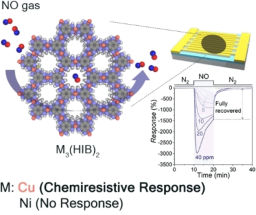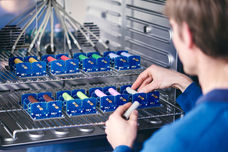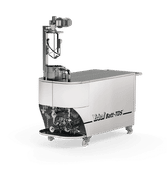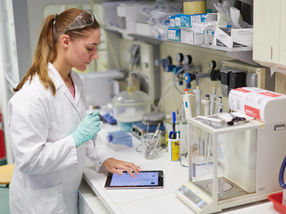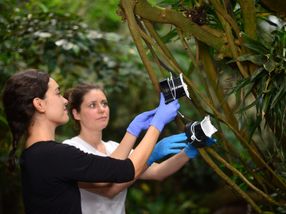Magnetic material could help monitor battery life
Researchers demonstrate the technique in a lithium-ion battery
A new study shows how a magnetic material can be used to help monitor the amount of life left in a rechargeable battery before it needs to be recharged.
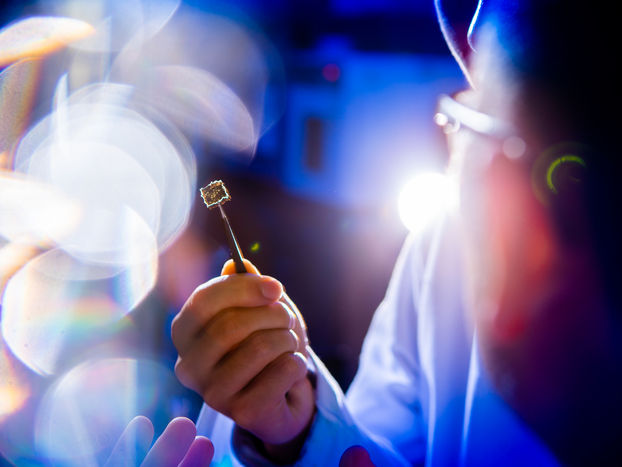
A sample of the magneto-ionic material used in a new study.
Douglas Levere / University at Buffalo
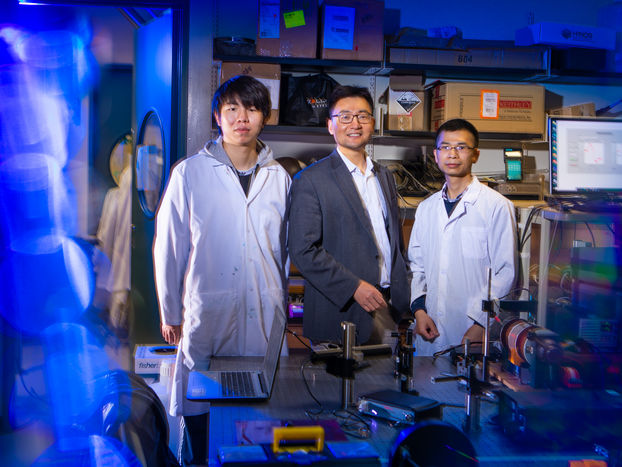
Shenqiang Ren (center), UB researcher in the Department of Mechanical and Aerospace Engineering, Department of Chemistry and RENEW Institute, led a new study on magneto-ionics. Zheng Li (left) and Yulong Huang (right), postdoctoral researchers in mechanical and aerospace engineering, are among the co-authors.
Douglas Levere / University at Buffalo
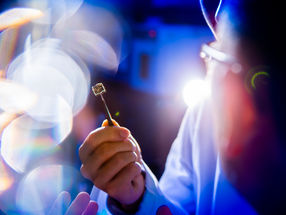
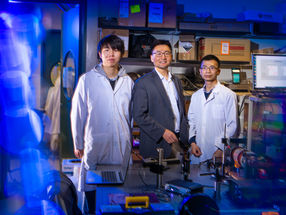
Shenqiang Ren, a scientist and engineer at the University at Buffalo, led the project and explains how the system works.
As lithium-ion batteries charge and discharge, lithium ions flow from one side of the battery to the other. With this in mind, Ren’s team built a lithium-ion battery that uses a special material at one end: a compound whose magnetism changes as lithium ions enter or leave it. This makes it possible to measure the battery’s level of charge by tracking changes in the material’s magnetism, Ren says.
The research was published on June 13 in the Proceedings of the National Academy of Sciences (PNAS).
“The main goal of this project was working on the magneto-ionics, which uses ions to control the magnetism of materials. As the lithium ions travel in or out of the material we are using, the material will change its magnetization. We can monitor the magnetism, and this enables us to indirectly monitor the lithium ions — the state of charge. We believe this is a new way to provide an accurate, fast, responsive sensing of state of charge,” says Ren, PhD, UB professor of mechanical and aerospace engineering, and of chemistry, and a core faculty member in the UB RENEW Institute.
In addition to Ren, corresponding authors of the study include Yuguang C. Li, PhD, UB assistant professor of chemistry; Fei Yao, PhD, UB assistant professor of materials design and innovation; and Qimin Yan, PhD, Temple University assistant professor of physics. Yong Hu, a UB PhD student in mechanical engineering, was the first author.
The team’s magneto-ionic material is made from vanadium, chromium and cyanide, with an aqua ligand. The paper in PNAS describes the characteristics of the compound that make it ideal for use in rechargeable batteries, and outlines the techniques the scientists used for measuring the material’s changing magnetism in a rechargeable lithium-ion battery.
Additional co-authors of the study included Weiyi Gong in the Temple University Department of Physics; Sichen Wei in the UB Department of Materials Design and Innovation; and Saurabh Khuje, Yulong Huang and Zheng Li in the UB Department of Mechanical and Aerospace Engineering. At UB, the project brought together a collaborative group from the School of Engineering and Applied Sciences, College of Arts and Sciences, and RENEW Institute.
Original publication
Other news from the department science
These products might interest you
Most read news
More news from our other portals
See the theme worlds for related content
Topic World Battery Technology
The topic world Battery Technology combines relevant knowledge in a unique way. Here you will find everything about suppliers and their products, webinars, white papers, catalogs and brochures.
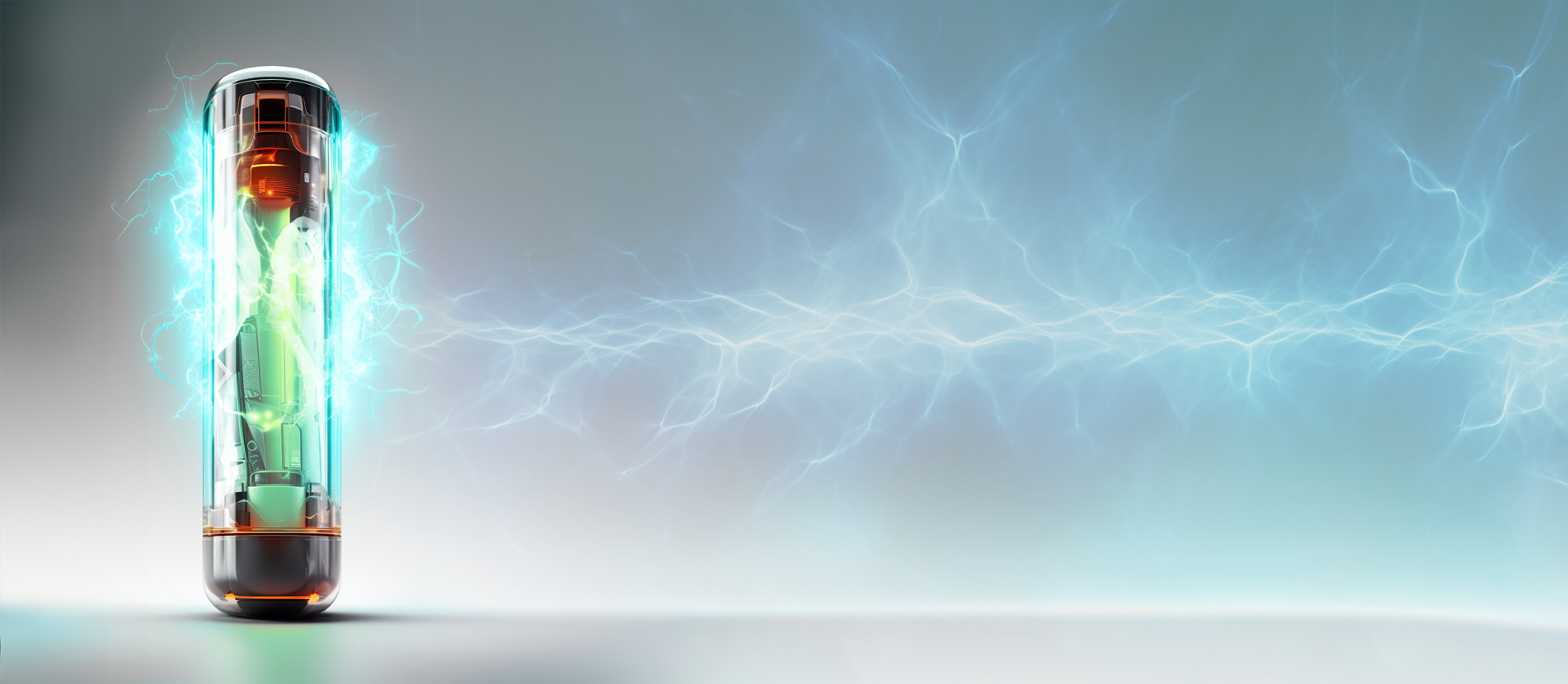
Topic World Battery Technology
The topic world Battery Technology combines relevant knowledge in a unique way. Here you will find everything about suppliers and their products, webinars, white papers, catalogs and brochures.
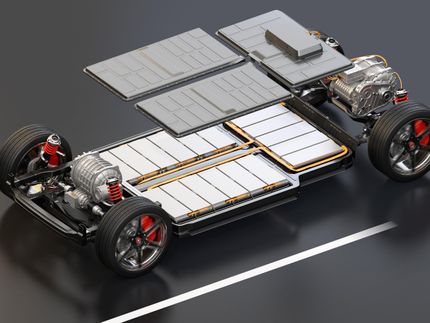
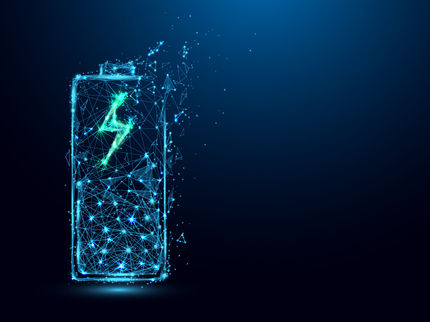







![[Fe]-hydrogenase catalysis visualized using para-hydrogen-enhanced nuclear magnetic resonance spectroscopy](https://img.chemie.de/Portal/News/675fd46b9b54f_sBuG8s4sS.png?tr=w-712,h-534,cm-extract,x-0,y-16:n-xl)
